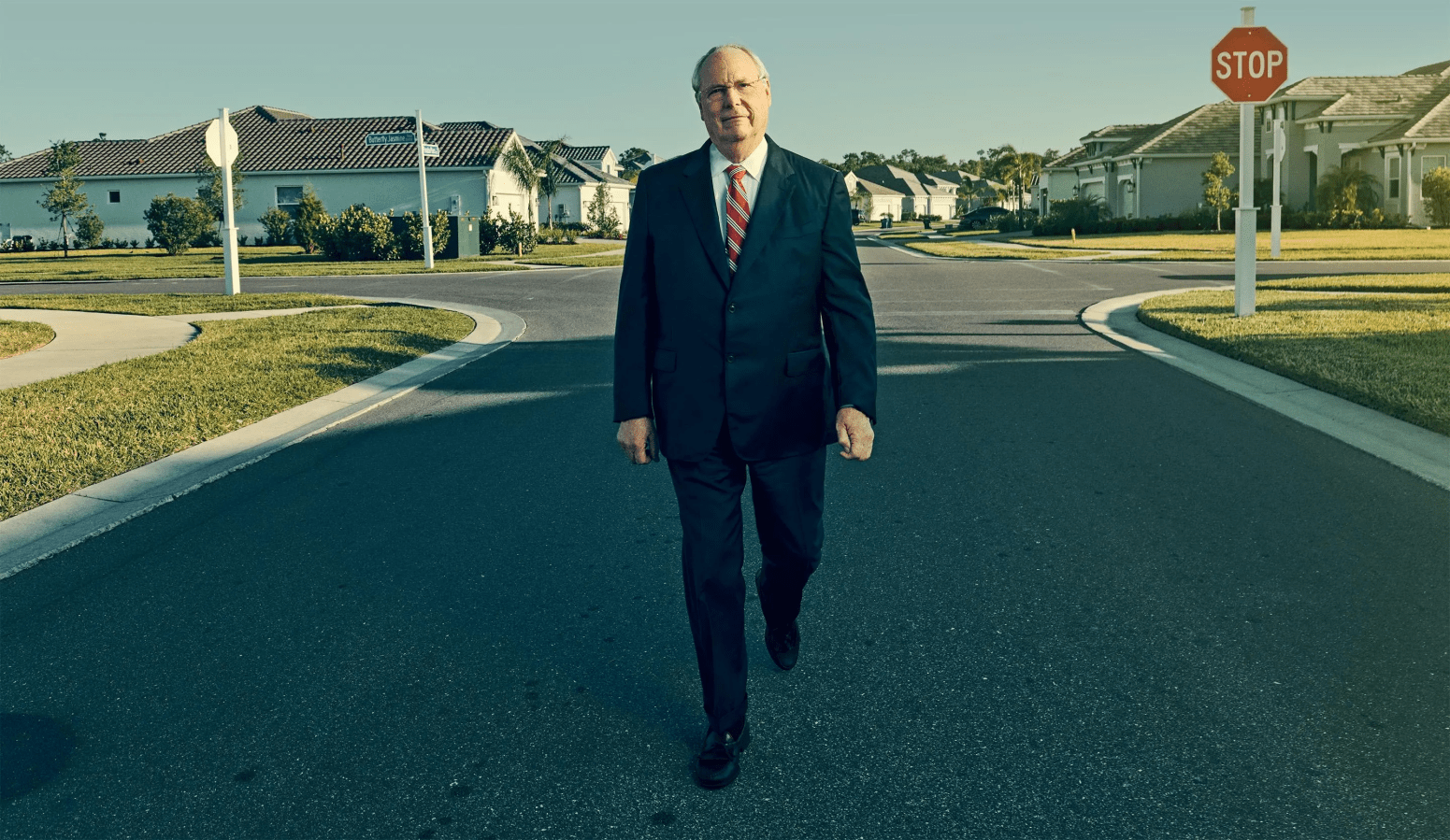Trump’s lender fell for lies about how big, and possibly how profitable, his properties actually were.

AFP via Getty Images
The New York attorney general is suing Donald Trump and his associates for allegedly lying about his net worth to financial institutions, something he also did for years when speaking with reporters. Why would someone so rich care that much about what people thought he was worth? “It was good for financing,” Trump said in a 2015 interview with Forbes.
But despite Trump’s bluster, it long remained unclear whether his lies were actually good for financing. After all, banks conduct due diligence on borrowers. But documents submitted into evidence during the trial last week show that Trump’s longtime go-to lender, Deutsche Bank, fell for many of his lies, giving the bank a distorted view of its most famous client.
A Deutsche credit report describing 40 Wall Street, one of Trump’s many buildings, is loaded with errors. “The 72-floor tower consists of 1.3MM SF in premier office space,” the report says. “Based on a SF assumption, [Deutsche Bank] indicated an adjusted value of $541.6MM.” According to documents filed with the Securities and Exchange Commission and New York City tax commission, the building is actually 63 stories, not the 72 Trump often claims. Those same records also show that 40 Wall Street doesn’t have 1.3 million square feet of office space, instead containing 1.1 million square feet of office space and less than 1.2 million square feet of overall space. The square-footage mistake alone could have theoretically caused Deutsche to overvalue the property by about $50 million.
Trump’s lies also affected Deutsche’s understanding of Trump Tower. “The 68-story building contains residential and condominiums that are owned by residents, along with 178,000 square feet in commercial space and 114,000 square feet of retail space,” says the credit report. But the building does not, in fact, have 68 levels—its floor numbers skip six through 13, tricking visitors into thinking the property is bigger than it really is. It also does not have 114,000 square feet of retail space. An SEC document says it has about 60,000. Deutsche Bank valued Trump Tower at $349 million. Its credit report does not explicitly say how the square footage miscalculation might have figured into its appraisal.
The bank did not trust all of Trump’s numbers, but it underestimated the depth of Trump’s lies—an error that Forbes has also made in the past. The bank’s biggest miscalculation might have been in assessing Trump’s club collection, composed of Mar-a-Lago, an assortment of U.S. golf clubs and three overseas golf resorts. Trump valued these properties, which the report suggests threw off an average of roughly $20 million of annual cash flow, at more than $2 billion. Deutsche Bank slashed that valuation by almost half, listing the properties at $1.2 billion. But the discounted figure was still about $500 million higher than the roughly $700 million Forbes came up with after consulting more than a dozen industry experts.
Deutsche appears to have taken a more careful approach with properties against which it held mortgages—Trump’s hotel in Washington, D.C., golf resort in Miami and property in Chicago. Still, there are questions about whether it fully understood those assets. The Deutsche credit report states that the golf resort threw off $12.6 million of net operating income in 2017. But an income statement submitted to authorities in Miami, which Forbes obtained via a freedom of information request, lists net operating income at just a third of that amount—$4.3 million.
At the Trump International Hotel in Washington, D.C., Deutsche believed that the Trump Organization turned a net operating profit of $7.6 million in 2017. But the House Oversight Committee released audited financial statements that call that figure into question. Those statements show cash flows at Trump’s property below zero for the years ending August 31, 2017 and August 31, 2018.
The Trump Organization did not immediately respond to questions about whether it lied to Deutsche. The bank seemed to confirm that it did not have a full understanding of the properties. “We cannot comment on the details of current or former client accounts, nor the substance of legal claims based on certain facts that the [New York attorney general], itself, has alleged were unknown or unavailable to Deutsche Bank at the time,” a Deutsche representative said in a statement. “The bank takes its legal obligations seriously, including appropriately responding to authorized investigations and proceedings.”
This post originally appeared on Forbes.com


